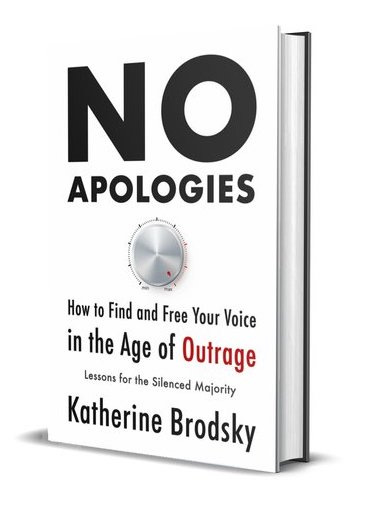Man or bear?
Women: Would you rather be stuck alone in a forest with a man or a bear?
By now you’ve no doubt seen the intellectual discourse making the Internet outrage circuits.
The fact that many women have picked the “bear” as their answer has enraged many.
Statistically, of course, the logical answer should be: man. Bears, as many have pointed out, are extremely violent and don’t hesitate to rip your skin off. Odds would place your survival rates higher with a random man than a random bear.
But those of us who are not autistic can recognize that the answer to the question isn’t a reflection of logic, but rather, a generalized sentiment.
Of course most men are decent human beings, but some men are capable of massive horrors too. The facts that so many women picked “bear” as their answer is an indication of a culture where most women have experienced violence or sexual assault from men. CDC data shows that over half of women (53%) and nearly one-third of men (29%) report experiencing sexual violence. One in five women in the United States experienced completed or attempted rape during their lifetime, and 90% of adult rape victims are women. And that’s just based on reported data. So, women have some reason to be concerned about men.
On the other hand, most women have never encountered bears.
Certainly this data focuses on the negative interactions with men, and not the many wonderful ones. But the reality is that women navigate daily with a level of fear around men. We are always assessing them for safety, removing ourselves from potentially dangerous environments, and so on.
But how much of this is as result of culture vs just men being men? I was recently reading the horrific story of the brutal sexual assault on CBS News journalist Lara Logan in Cairo, Egypt. I read in utter horror at not only how brutal it was but also how so many participated and how difficult it was to get any sort of help.
This wouldn’t happen in, say, North America. Not that assaults don’t, but not such mass, public ones.
This is also something common in places like India. Although I do my best to avoid them, I’ve definitely travelled to certain locales where harassment of women was commonplace.
Meanwhile, currently being in Budapest, and in all my times there I’ve never once had any local men make inappropriate approaches, nor have I felt unsafe walking home at night. Doesn’t mean that abuse doesn’t happen there, and sick individuals exist everywhere, but harassment of this kind is clearly not socially tolerated or part of cultural norms. In Japan, I had a similar experience.
But even when I’m home in North America, I frequent receive lewd comments, had encountered some dangerous situations, and my situational awareness tends to be on high alert. If I’m walking alone at night, I’m always mentally prepared to run or punch with whichever sharp item I may have in my hands. Most women I know think this way too.
We spend an awful lot of time picking out escape routes, navigating situations, and working overtime to tone down confrontations with more aggressive types.
The good news is that if sexual harassment and assault has a lot to do with culture, then we can take steps to improve the situation through making it socially unacceptable (including having men and women intervene more when observing inappropriate behaviors) and stricter laws for sexual crimes. In some parts of the world, women can’t even report them, let alone have them taken seriously.
This would have a much great overall impact than, say, encouraging women to become ninjas that can defeat an enemy of any size—especially when the attacker is oftentimes not even a stranger.
Though, of course, ninja powers are nice to have.
Order my book, No Apologies: How to Find and Free Your Voice in the Age of Outrage―Lessons for the Silenced Majority —speaking up today is more important than ever.
NOTE TO READERS:
Thank you for keeping me company. Although I try to make many posts public and available for free access, to ensure sustainability and future growth—if you can—please consider becoming a paid subscriber. In addition to supporting my work, it will also give you access to an archive of member-only posts. And if you’re already a paid subscriber, THANK YOU!
☕️ By popular request, you can also support my work by making a one-off donation via Buy Me a Coffee.





Might this be a measure of societal morality? It seems to me that if a large portion of a population feeling unsafe, it is an indictment of the whole society (not just the men). Both trust and understanding are necessary for all individuals within a society to flourish. Collectively, we need to find ways to engage and communicate effectively with both compassion and authenticity.
a question/subject like this as tiresome and viral as it has been vaguely pondered in background in my own awareness deserves just the compassionate equilibrium you bring to it ✌️
to bears and people alike